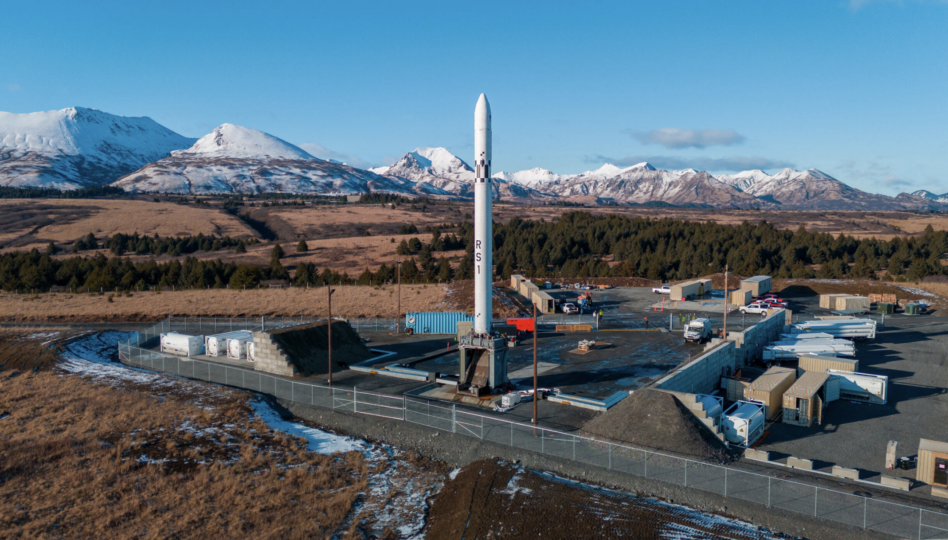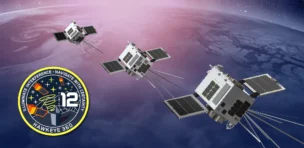ABL Space Systems announced a round of layoffs late last week, a month after a pad fire destroyed the company’s second RS1 rocket.
In a three-page email sent to staff and shared on LinkedIn, Harry O’Hanley, the company’s founder and CEO, cited rapid expansion and back-to-back rocket failures as reasons for the workforce reduction. The company declined to disclose the percentage of the workforce impacted when asked.
Best of times. Worst of times: The ABL chief shared that while the company started off as a scrappy business, ultra-focused on cutting costs, it began to overextend itself after its 2021 $370M+ Series B.
“In 2021, the space industry—along with nearly every industry—was a red-hot market,” O’Hanley said. “We faced significant pressure to scale and capital was available to support it.”
The company invested in building out a high-rate rocket production line while simultaneously iterating on the design of its new rocket, creating challenges. Then the everything-to-the-Moon boom times of 2021 gave way to the let’s-take-a-beat capital markets lull of 2022, which left ABL stretched thin.
Back-to-back kabooms: In January 2023, RS1’s maiden flight ended in an explosion seconds after liftoff. Then a month ago, on July 19, a static fire test gone bad took out the second RS1 rocket.
- ABL said a low-pressure reading triggered an abort during the static fire test. However, immediately after the shutdown, two engine fuel leaks triggered a fire under the rocket.
- The company eventually ran out of water from its mobile tank at the Kodiak, AK pad, leading to an uncontrolled fire and the loss of the rocket.
What now? With two failed launches and a more conservative funding environment, the company decided to regroup with a smaller team as it continues to shoot for its first orbital proof point.
“In this next phase of ABL, we’ll operate closer to how we originally set out with a lean team working to upgrade RS1 and GS0 [the ground system for launch] based on lessons learned from the last few years of heavy operations,” O’Hanley said.
ABL said the rocket for its next flight is well into production. The company has raised $460M+ since its founding in 2017.




